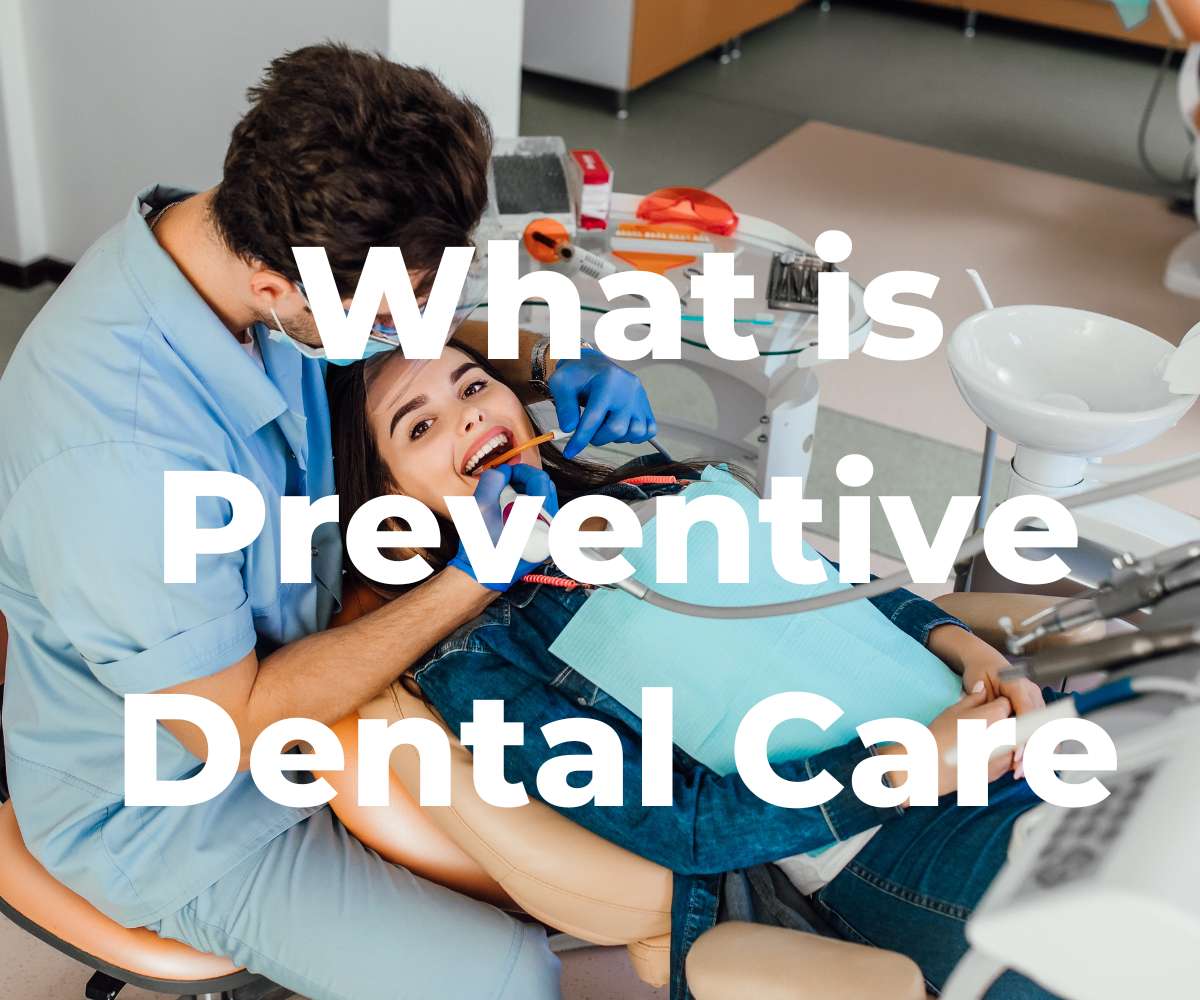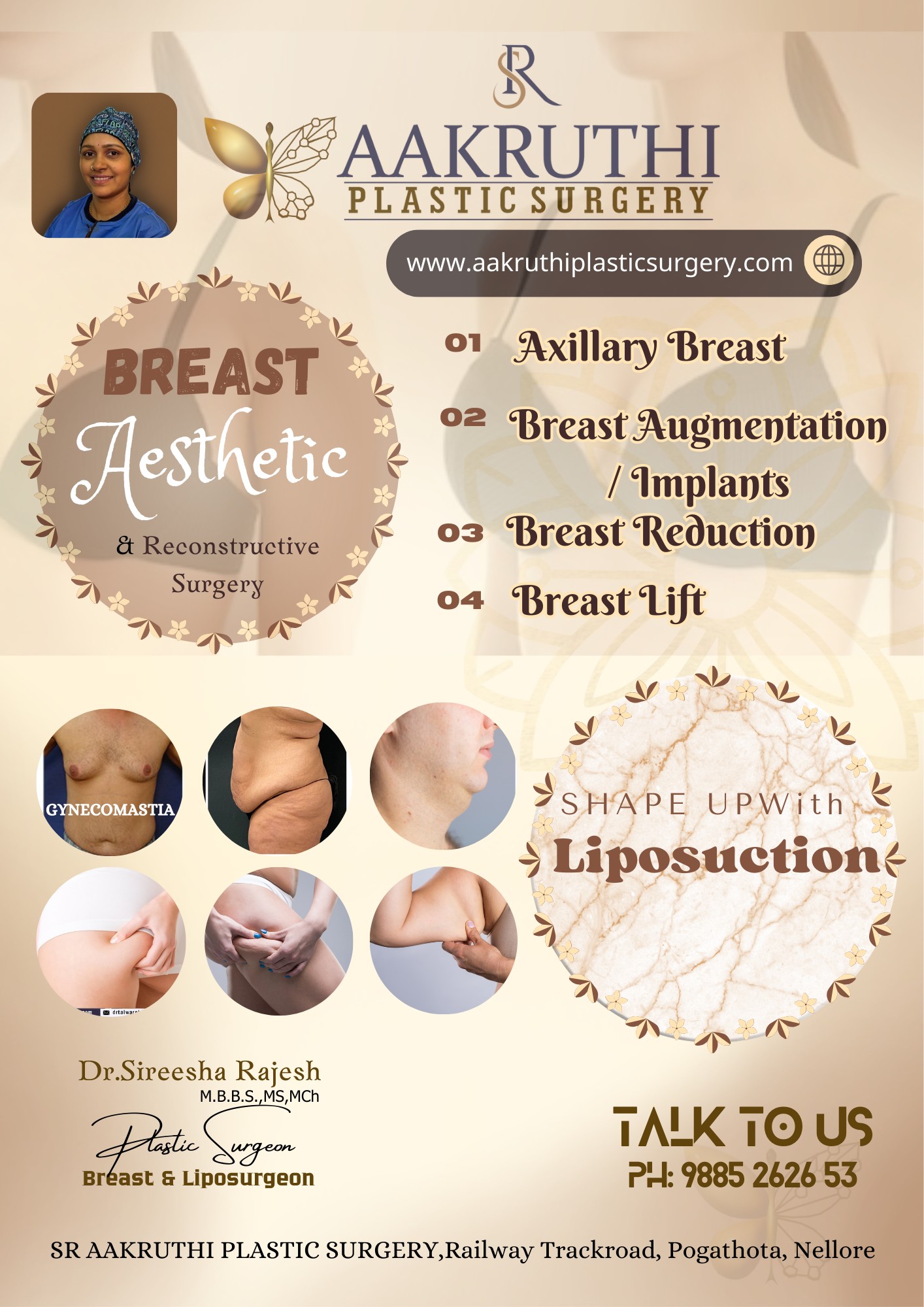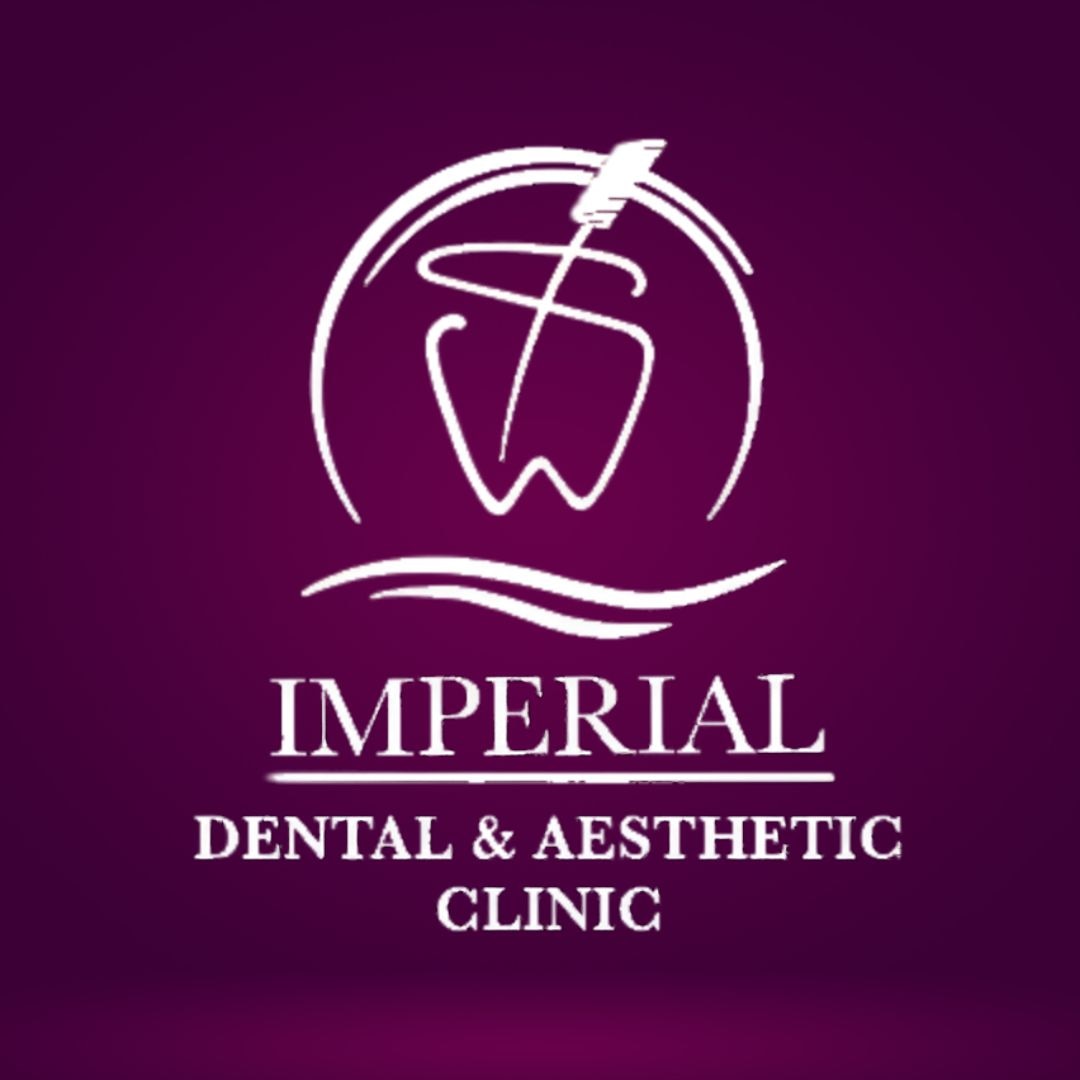what is preventive dental care
Description
A Smile's Journey: Navigating the Landscape of Preventive Dental Care
A confident smile is more than a simple expression; it reflects the foundation of good oral health. Preventive dental care is a dynamic procedure that goes beyond daily activities and includes a thorough approach to keeping teeth and gums in good condition. This article explores the pillars that make a radiant smile and dives into the fundamentals of preventive dental care.
From daily oral hygiene rituals to professional cleanings, nutritional considerations, and specialized care, this journey offers a roadmap for individuals seeking to preserve their oral well-being and enjoy a lifetime of healthy and vibrant smiles. Explore preventive dental care and uncover the essential practices contributing to a confident and enduring smile.
More than merely a cosmetic trait, a beautiful smile represents the cornerstone of excellent dental health. Navigating the landscape of preventive dental care is a journey that involves adopting practices beyond routine brushing and flossing. This article explores the critical elements of this journey, shedding light on the comprehensive measures that contribute to preserving a healthy and vibrant smile for a lifetime.
The Pillars of Preventive Dental Care:
» Daily Oral Hygiene Rituals:
Brushing: The foundation of preventive dental care, brushing twice a day with fluoride toothpaste is basic for evacuating plaque and anticipating tooth rot.
Flossing: Every day, flossing makes a difference in killing plaque and flotsam and jetsam between teeth, decreasing the chance of cavities and gum illness in hard-to-reach ranges.
» Regular Dental Check-ups:
Scheduled Appointments: Routine dental check-ups are crucial for preventive care. Regular visits allow dentists to detect issues early, provide professional cleanings, and offer personalized guidance for maintaining optimal oral health.
» Professional Cleanings:
Beyond Daily Care: Professional Dublin Dental Care cleanings exceed what can be achieved at home. They involve the removal of tartar, a hardened form of plaque, and provide a thorough cleaning of the teeth and gums.
» Nutrition and Oral Health:
Balanced Diet: Solid teeth and gums are supported by a diet high in vitamins, minerals, and calcium that is well-balanced. Nutrient-dense foods contribute to overall oral health and reduce the risk of cavities.
» Hydration and Saliva Production:
Water's Role: Staying hydrated is crucial for oral health. Water aids in rinsing away bacteria, debris, and acids, promoting a cleaner mouth. Adequate hydration also supports saliva production, which is critical in neutralizing acids and preventing decay.
» Avoidance of Harmful Habits:
Smoking and Excessive Alcohol: Destructive propensities like smoking and over-the-top liquor utilization can contribute to verbal well-being issues, including gum infection, tooth rot, and verbal cancer. Maintaining a strategic distance from these hones is crucial for preventive care.
» Protective Measures During Physical Activity:
Mouthguards: Wearing a properly fitted mouthguard is essential for those involved in physical activities. It shields the teeth from potential injuries, fractures, and trauma.
Specialized Preventive Care:
» Pediatric Dentistry:
Early Intervention: Instilling good oral habits in children begins with early intervention. Regular pediatric dental visits, fluoride treatments, and dental sealants contribute to preventive care for young smiles.
» Orthodontic Considerations:
Alignment Matters: Proper tooth alignment is cosmetic and crucial for preventive care. Orthodontic treatments, including braces or clear aligners, assist in achieving optimal tooth alignment.
» Periodontal Care:
Gum Health: Preventive dental care extends to the gums. Regular cleanings and periodontal care are essential for preventing and managing gum disease and preserving teeth' foundation.
» Fluoride Treatments:
Take into account the fluoride treatments that your dentist has advised. These procedures have the ability to fortify enamel and offer additional cavity prevention.
» Oral Health Education:
Stay informed about proper oral health practices. Regularly update yourself on the latest dental care techniques, products, and recommendations.
» Tongue Cleaning:
Make tongue washing a regular part of your regimen. To lessen microorganisms that can cause foul breath, gently scrub the surface of your tongue with a tongue scraper or your toothbrush.
» Dental Sealants:
For included security, talk about dental sealants along with your dental specialist. Sealants are a defensive coating connected to the chewing surfaces of molars, anticipating rot within the grooves and gaps.
» Teeth Whitening Considerations:
If considering teeth whitening, consult with your dentist first. Professional whitening options can be safer and more effective than over-the-counter products.
» Awareness of Grinding or Clenching:
Be aware of teeth grinding or clenching, especially during sleep. If you experience these issues, discuss them with your dentist, as they can lead to tooth wear and other complications.
» Lip and Mouth Protection:
During outdoor activities, protect your lips and mouth from excessive sun exposure. Consider using lip balm with sun protection, and if engaging in sports, use a mouthguard to prevent injuries.
» Regular Replacement of Toothbrush:
Change your toothbrush or head every three to four months or sooner if the bristles are frayed. This ensures effective cleaning and prevents the accumulation of bacteria on the brush.
» Mindful Chewing:
Chew carefully, especially when eating something crunchy or rough. Don't bite onto potentially harmful objects or use your teeth to open packages.
These extra focuses, combined with the already specified columns of preventive dental care, contribute to a comprehensive approach to keeping up a solid and dynamic grin. For personalized exhortation and direction, continuously counsel along with your dental practitioner.
FREQUENTLY ASKED QUESTIONS (FAQs)
Q. How often should I visit the dentist for a check-up?
A. It is, for the most part, suggested to visit the dental practitioner every six months for a schedule check-up and cleaning. Be that as it may, your dental practitioner may propose a distinctive plan based on your verbal well-being needs.
Q. Is fluoride toothpaste necessary?
A. Yes, fluoride toothpaste is basic for avoiding tooth rot. It makes a difference fortify finish and diminishes the chance of cavities.
Q. Can I replace the flossing with a water flosser?
A. Water flossers can effectively remove debris but may provide a different precision than traditional floss. It's best to consult your dentist to determine the most suitable option.
Q. How can I protect my child's teeth?
A. Encourage good oral hygiene habits from a young age, limit sugary snacks and drinks, and ensure regular visits to a pediatric dentist for preventive care.
Q. Are mouthguards necessary for all physical activities?
A. Mouthguards are especially significant for high-impact sports or exercises with a chance of dental wounds. Counsel together with your dental practitioner to decide the suitable sort of mouthguard for your particular needs.
Conclusion:
Embarking on the journey of preventive dental care is an investment in a lifetime of healthy smiles. By embracing the comprehensive measures outlined, individuals can foster a proactive mindset, ensuring optimal oral well-being. Remember, a radiant smile is aesthetically pleasing and indicates a solid foundation of good oral health.
Regular dental check-ups and daily oral hygiene rituals form the bedrock of preventive care. The synergy of professional cleanings, a balanced diet, and hydration contributes to the overall health of teeth and gums. Additional considerations, such as fluoride treatments, dental sealants, and mindful habits, enhance the protective layers of preventive dental care.
It's pivotal to remain educated approximately the most recent verbal well-being hones and look for proficient counsel for personalized care. The journey doesn't end; instead, it evolves with each individual's commitment to maintaining a healthy smile.
For any specific concerns or questions, consulting with a trusted dentist is the key to addressing individual needs and ensuring a lifetime of confident and vibrant smiles. Remember, your smile is an asset worth preserving, and preventive dental care is the compass guiding you toward optimal oral health.
Similar blog:
What Justifies the Value of Nutritional Counseling?






















